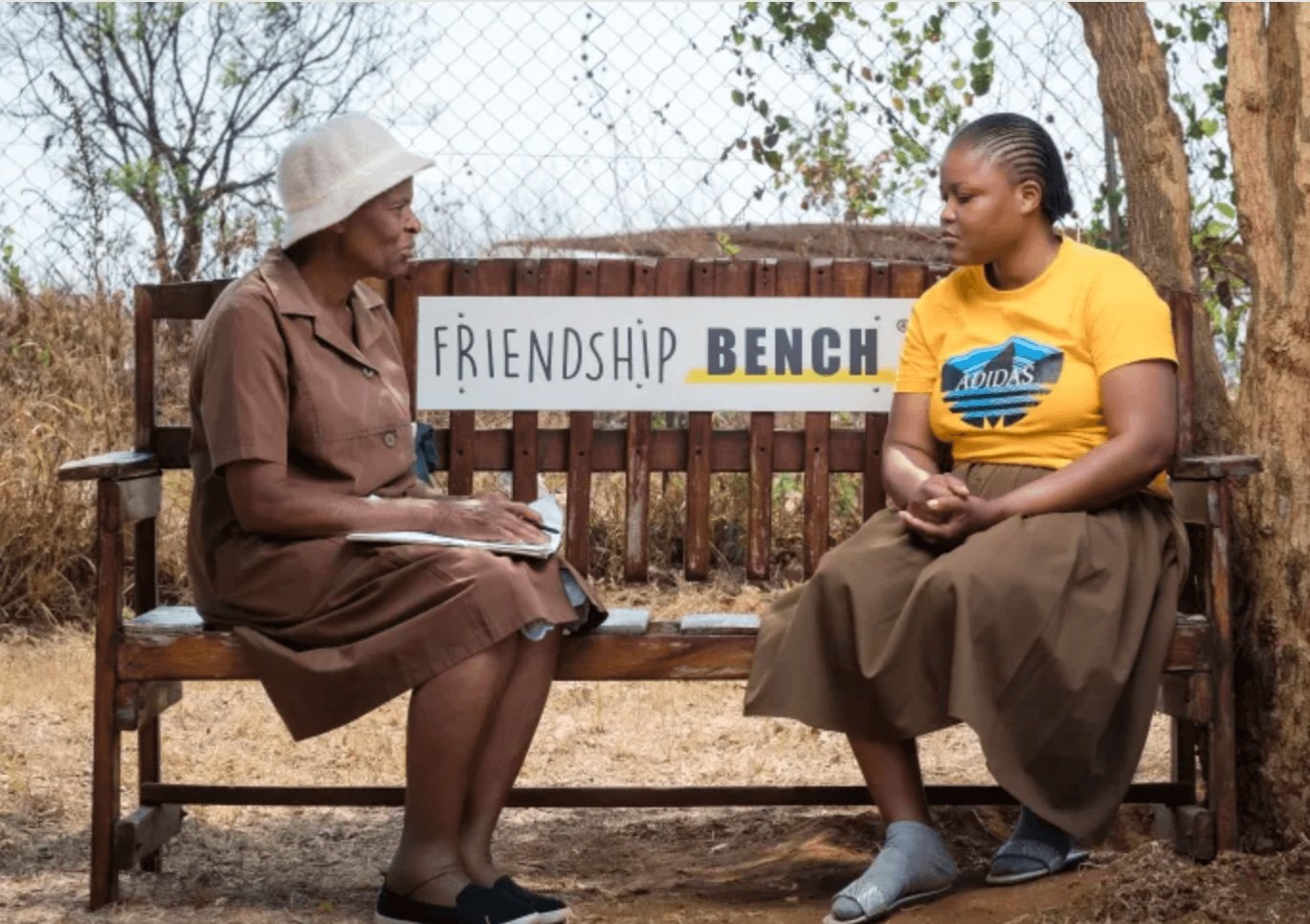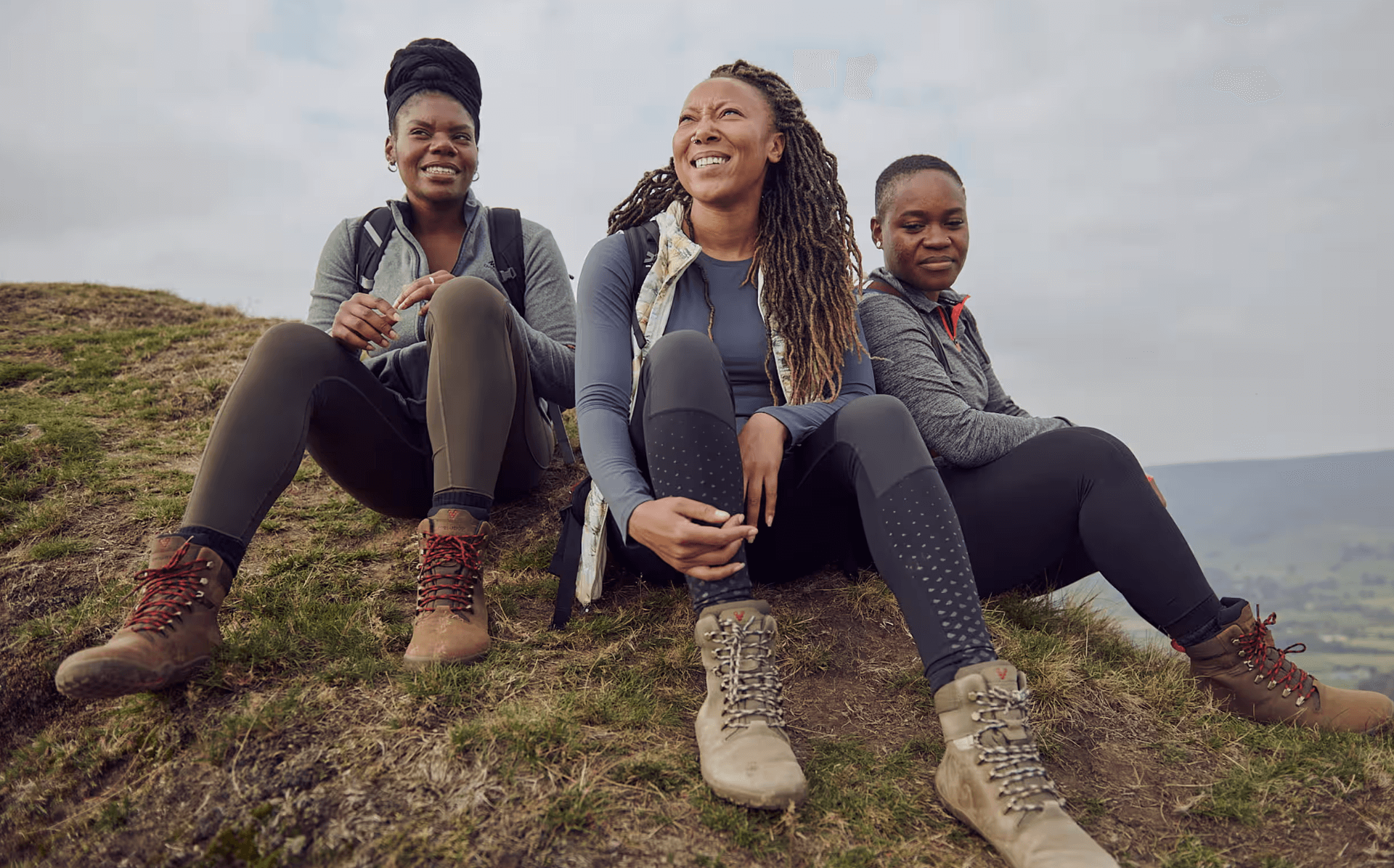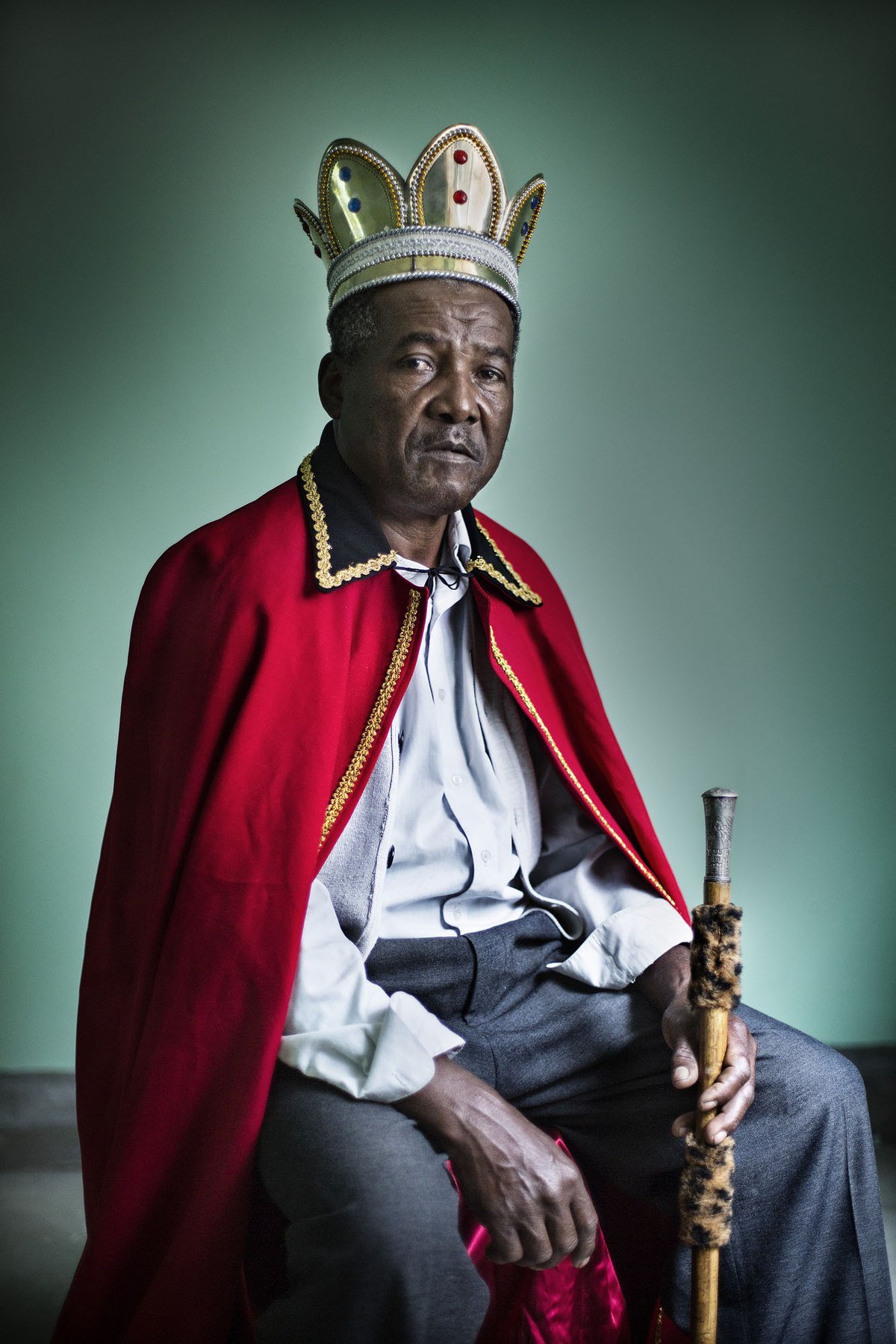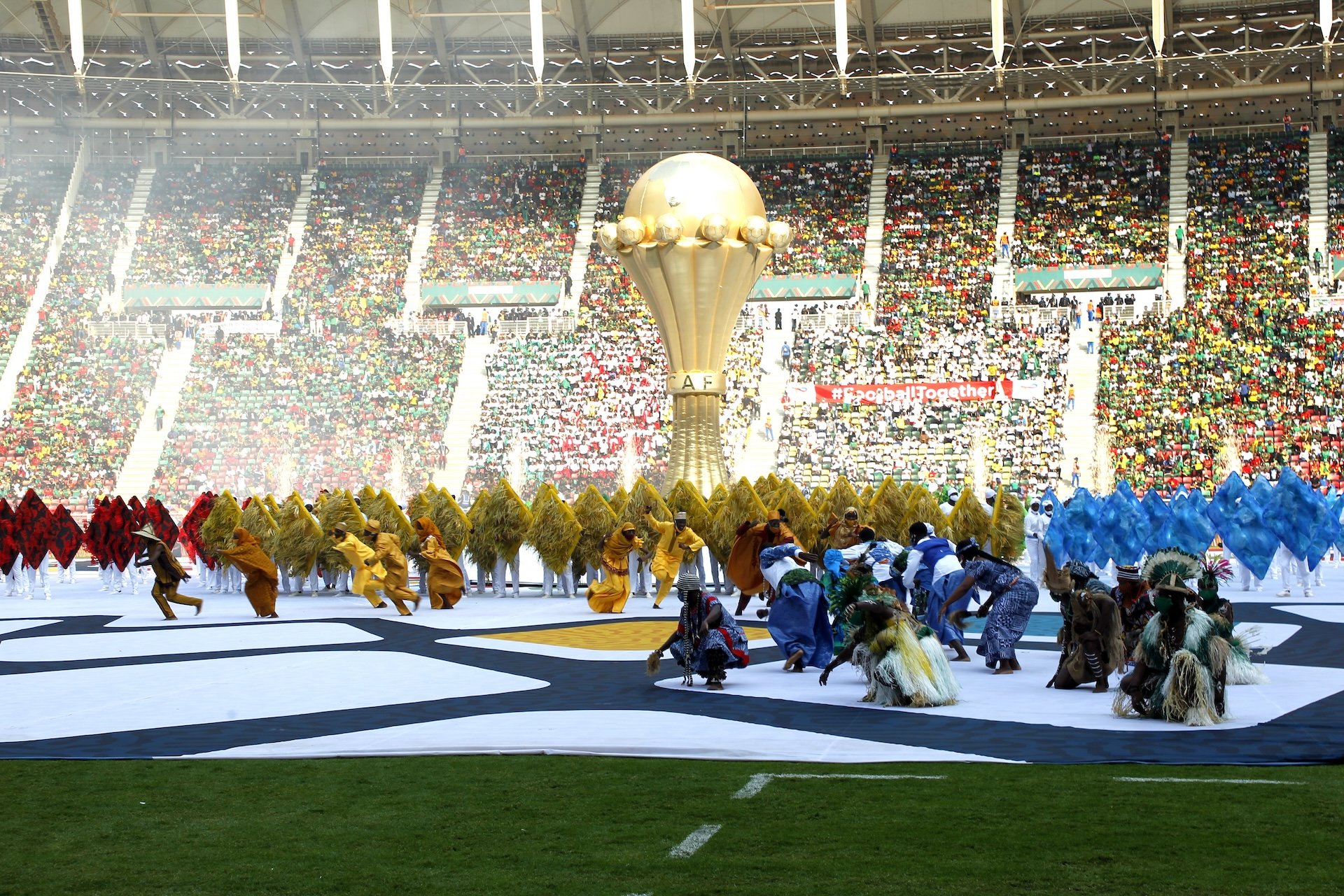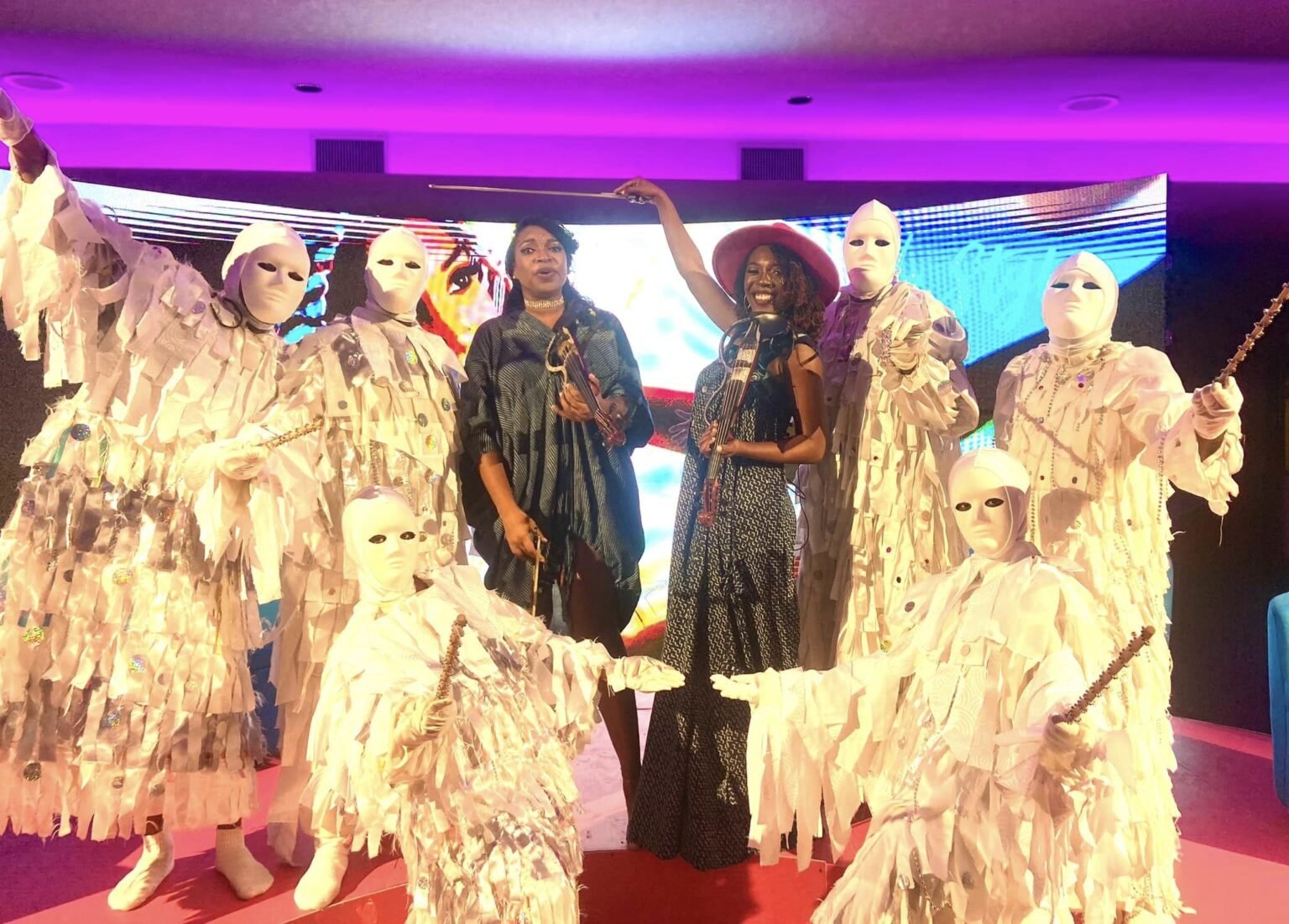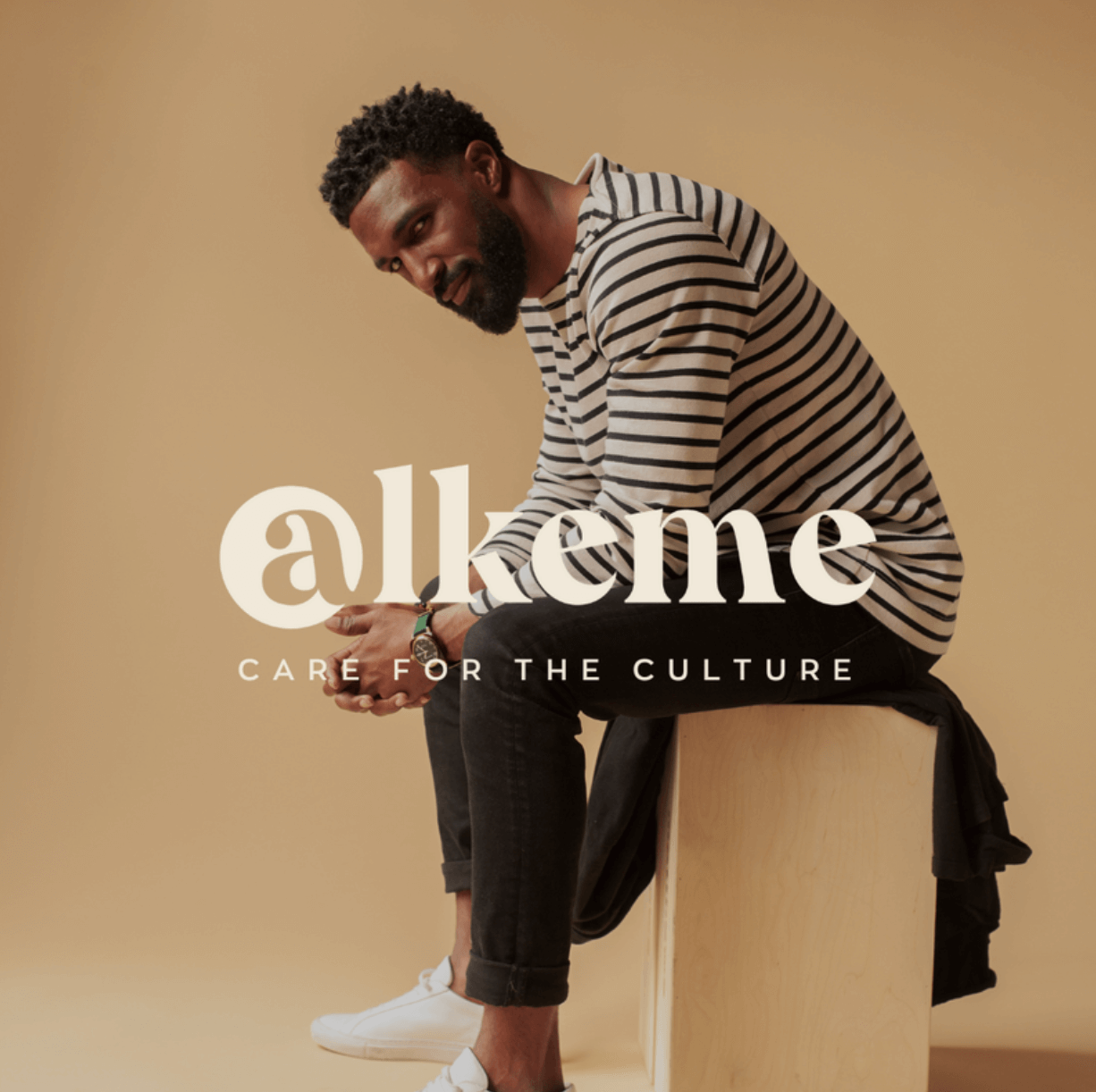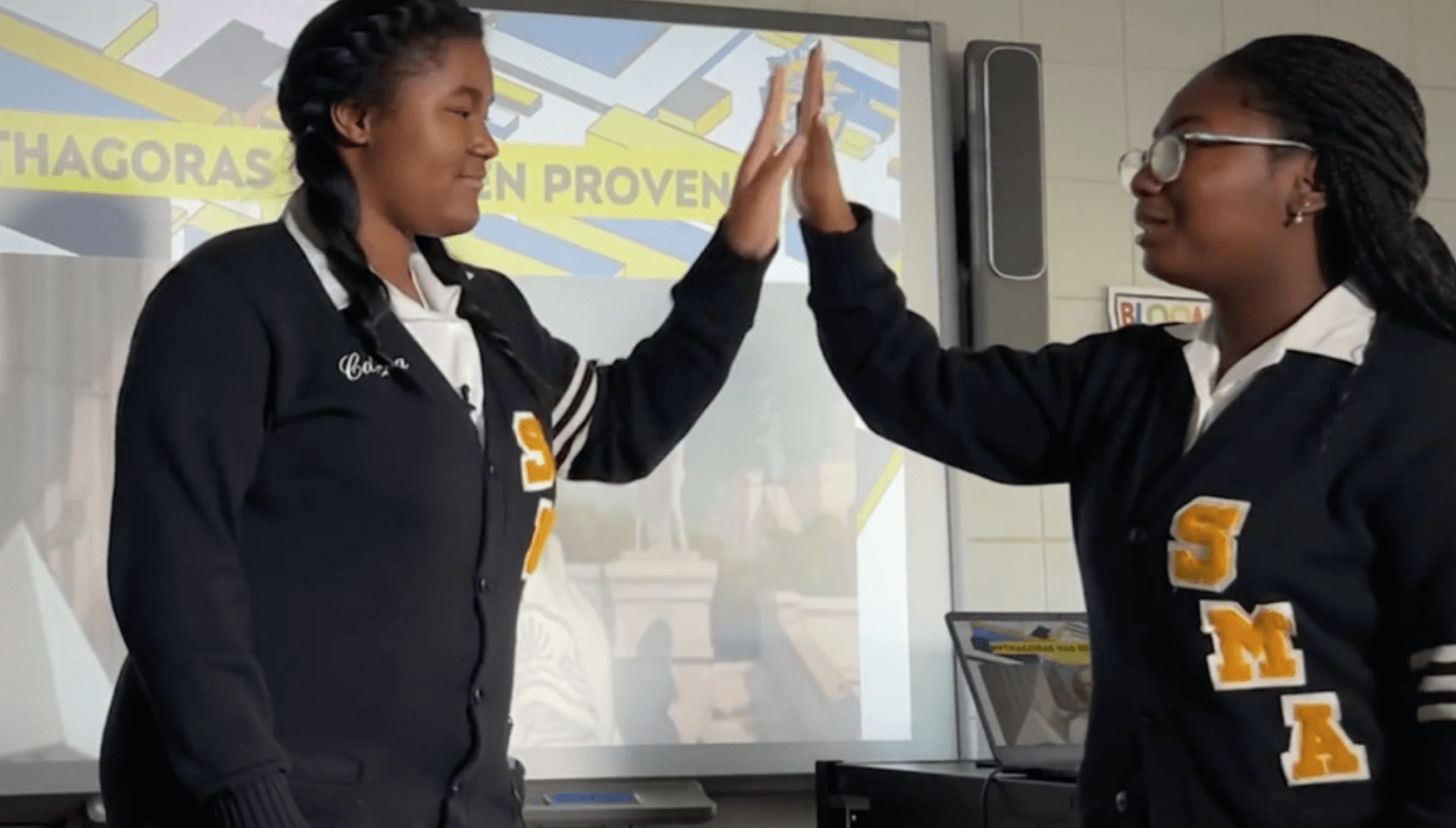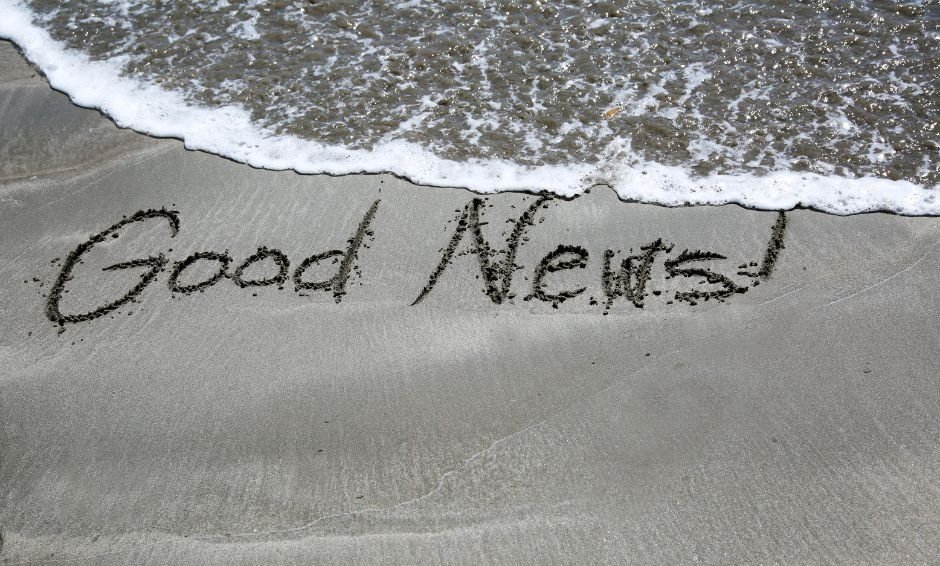The Djimon Hounsou Foundation is reconnecting the African Diaspora to its roots
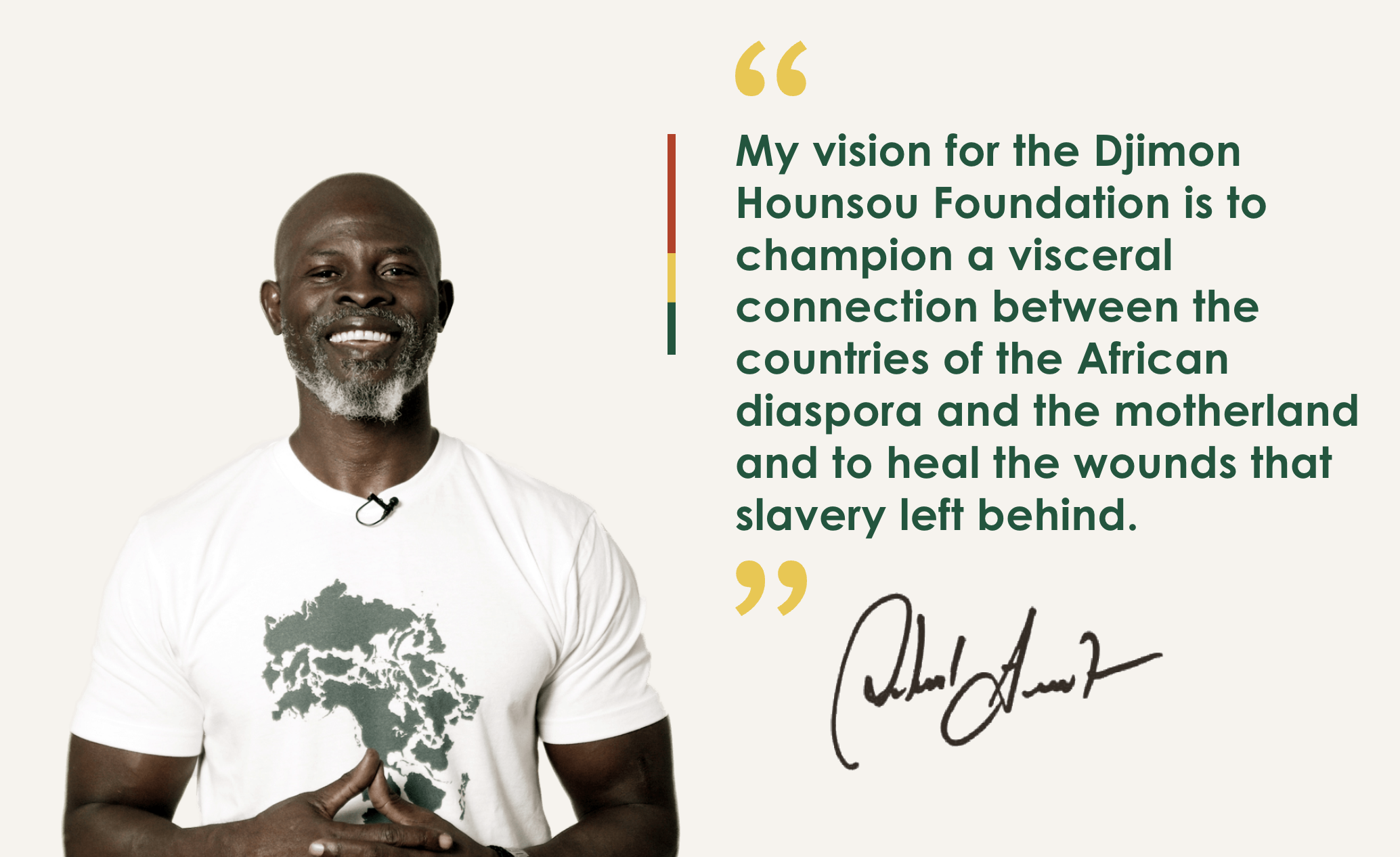
Images: The Djimon Hounsou Foundation
In 2019, Academy Award nominated actor Djimon Hounsou founded the nonprofit organization the Djimon Hounsou Foundation (DHF) to realize his vision of strengthening the bonds between people all over the African diaspora.
While filming the Steven Spielberg epic Amistad, Hounsou immersed himself in West Africa’s history and gained a new perspective on the devastating aftermath of the slave trade.
“I was given a shocking glimpse into the dark history of slavery that began at the very shores of my homeland, Benin. In this cinematic mirror, I saw the reflection of my ancestors who went to the New World under very different circumstances…chained together inside the galleys of slave ships,” Hounsou explains.
DHF was founded on 2 December, the International Day for the Abolition of Slavery, as a symbolic gesture of its other core mission of fighting modern day slavery and human trafficking.
Hounsou’s native Benin is home of the Gate of No Return, a UNESCO World Heritage site that marks the archway where over 1 million Africans were sold into slavery. DHF hosts cultural running events in three cities: Richmond, Virginia, Liverpool, England and Ouidah, Benin - a trio of cities that when connected on a map, form the Triangle of the Transatlantic Slave Trade. DHF aims to reclaim this symbol of oppression and reimagine it as a Reconciliation Triangle, connecting the people of the African diaspora with their roots and culture.
Through DHF’s Africa Reconnect Series, Hounsou explains, “we are trying to champion the idea of unity in diversity. The purpose is all about healing.”
The running routes for each of these events are purposefully designed to have participants pass historical landmarks that represent the realities of the modern Black experience and celebrate African and African American culture. Hounsou hopes to build strong connections between Black people in the diaspora by promoting pluralism and equality as a way to foster important conversations, and begin to heal slavery’s devastating effects.
“We’re at a historical moment in time to acknowledge that Black history is American history,” says Hounsou. “It’s about time for the Afro-descendants of this world to feel the power of their history and to have a bit of knowledge about who they are, what they mean in this world and what they accomplished over time.”
SHOP THE CHANGEMAKER COLLECTION
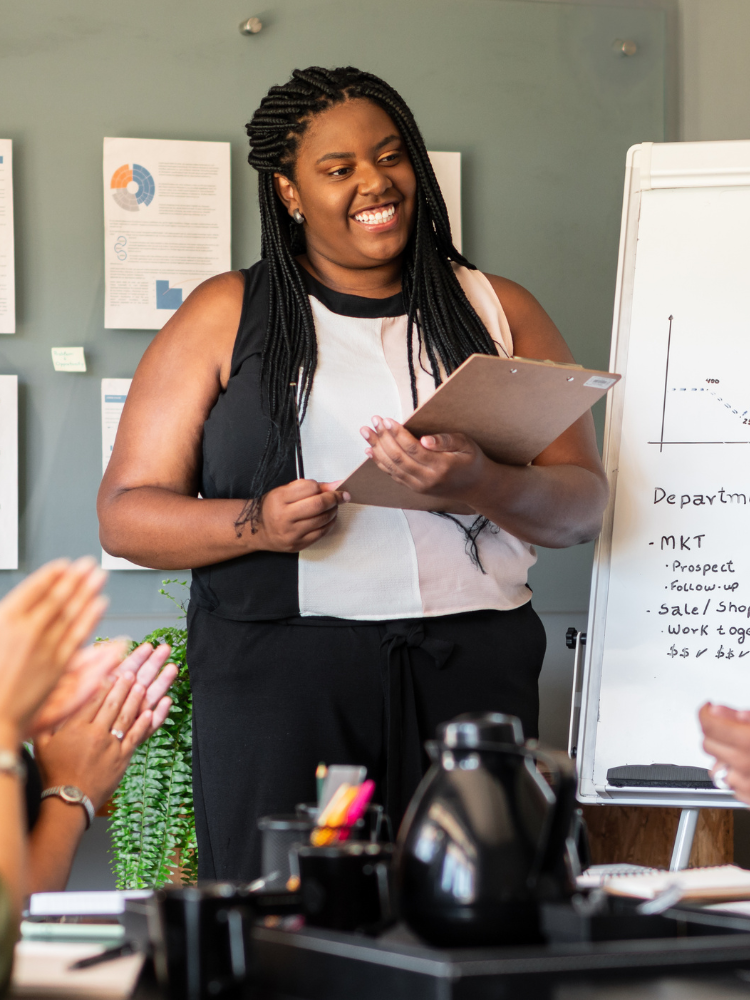
Chris is a proud East African, 30-something who currently lives in the United States, but whose heart will always be in her motherland Africa. Just like everyone else, she is clumsily trying to find her place in this crazy world with the hope of having some fun and learning as much as she can along the way.






